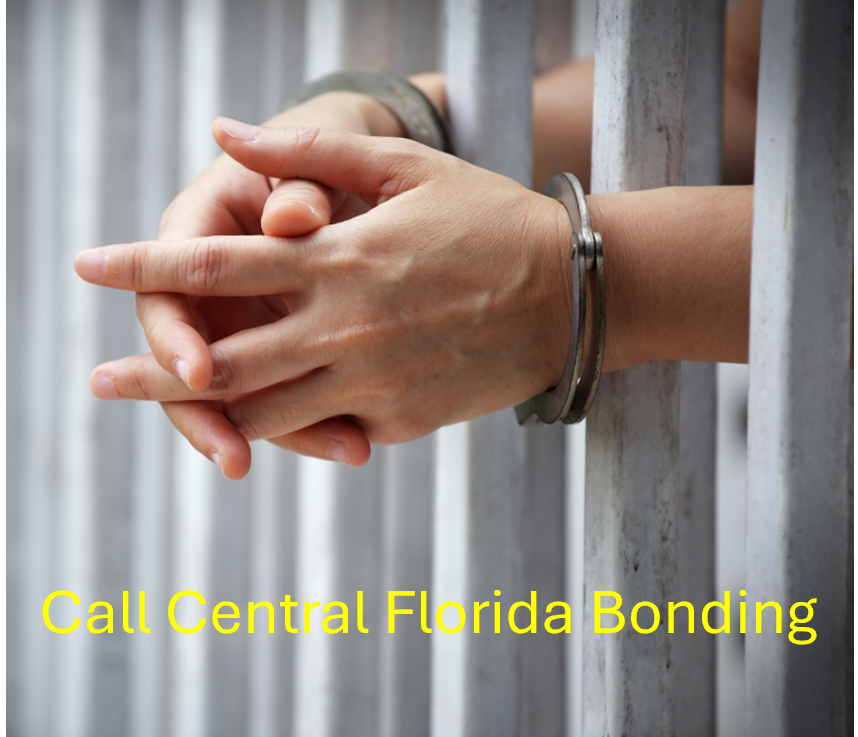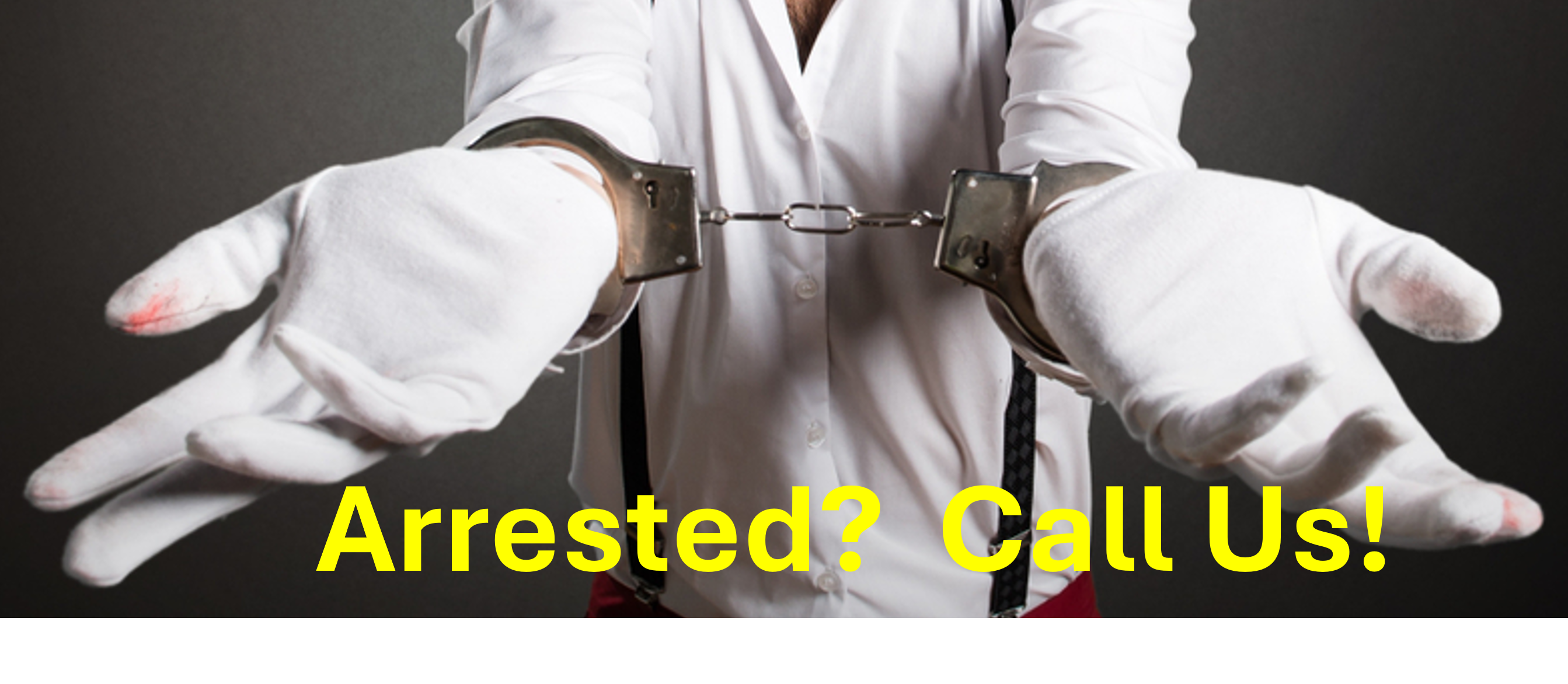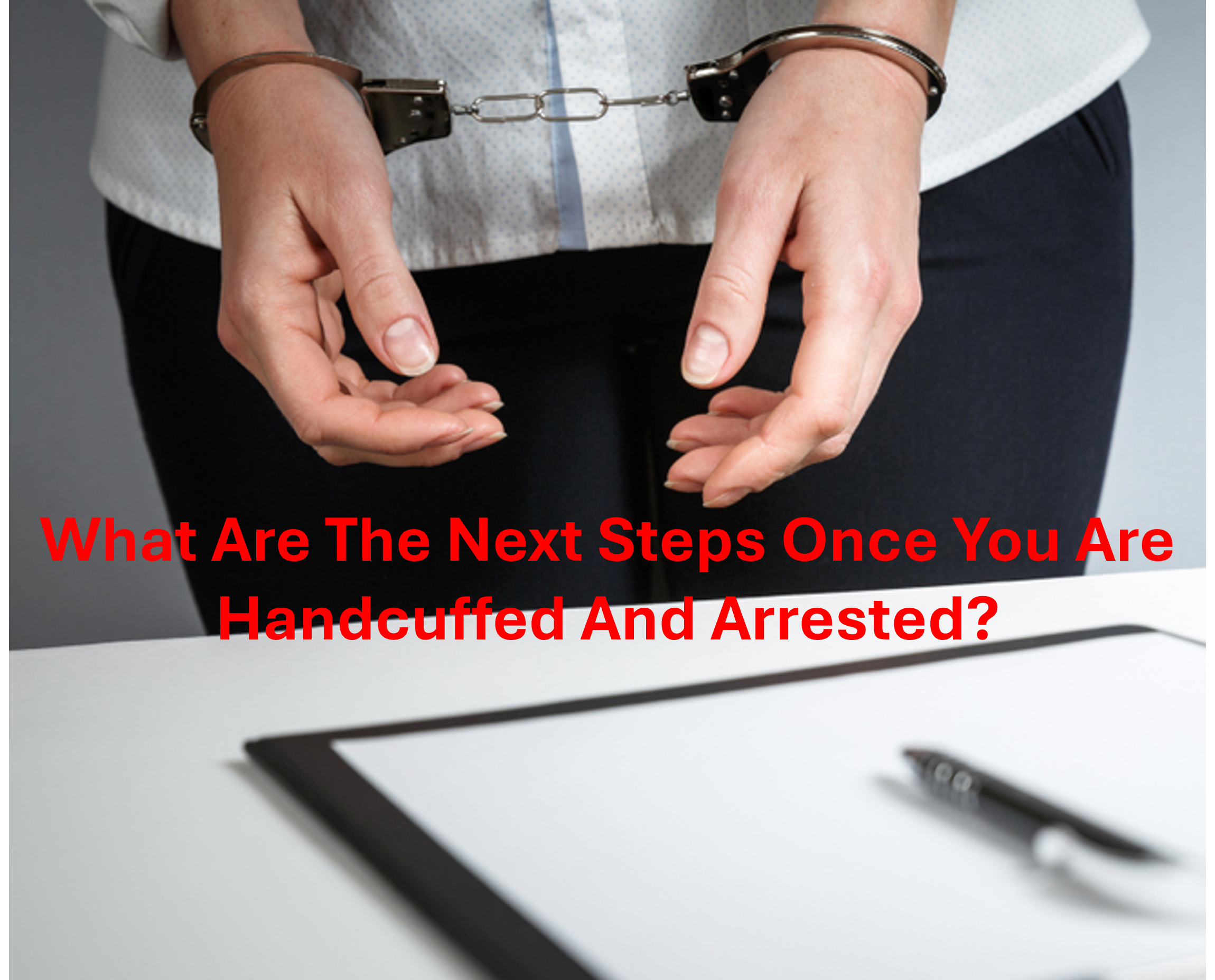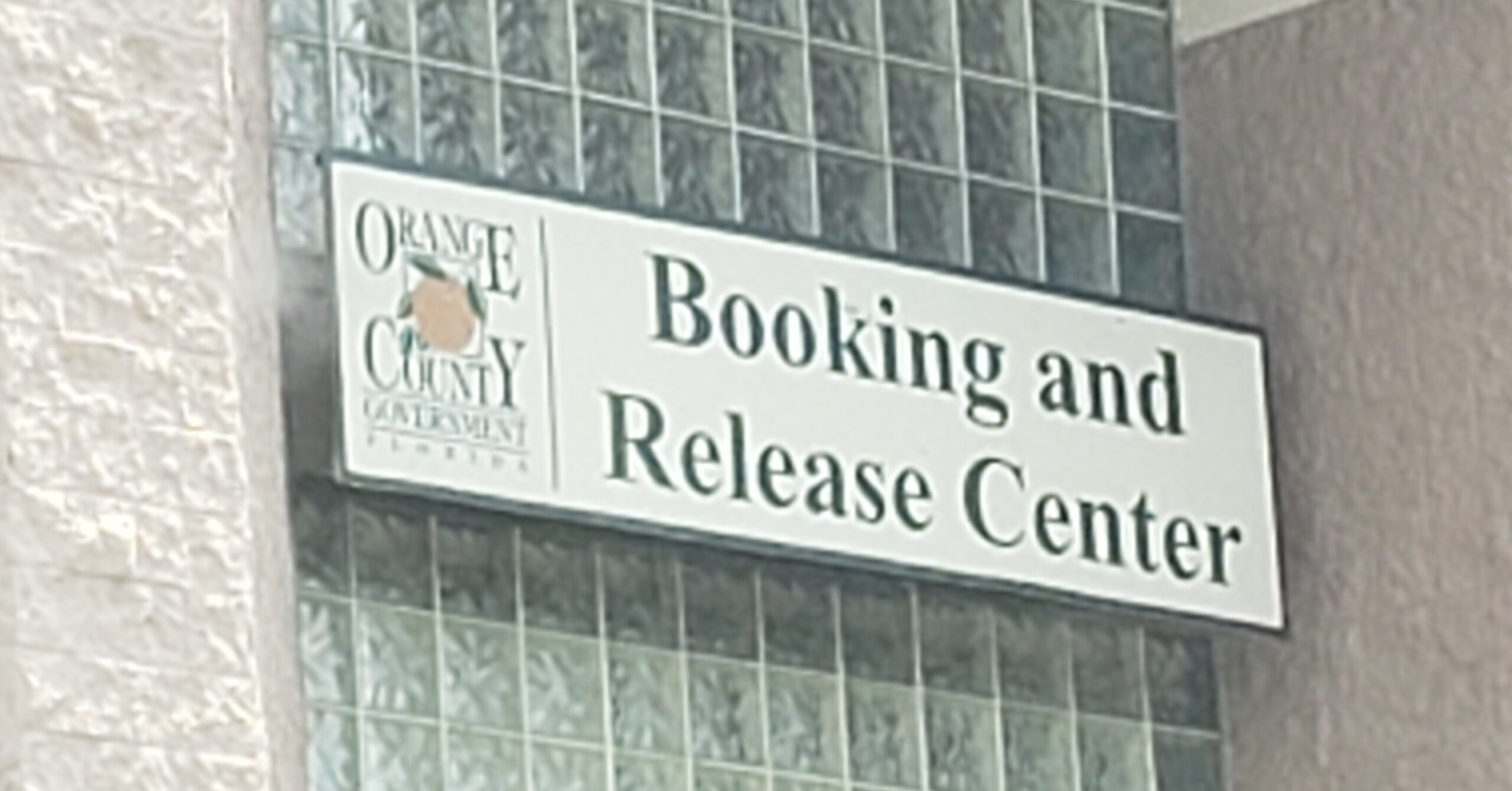Your Teen Was Arrested! Now What? Understanding Florida’s Juvenile Justice Process
It’s a parent’s worst nightmare: the phone rings, and on the other end is a law enforcement officer saying your child has been taken into custody. In Florida, juvenile arrests follow a different path from adult criminal proceedings. The goal isn’t just punishment, it’s rehabilitation. Still, the process can feel overwhelming, especially if you’re unfamiliar with how the juvenile justice system operates in Central Florida.
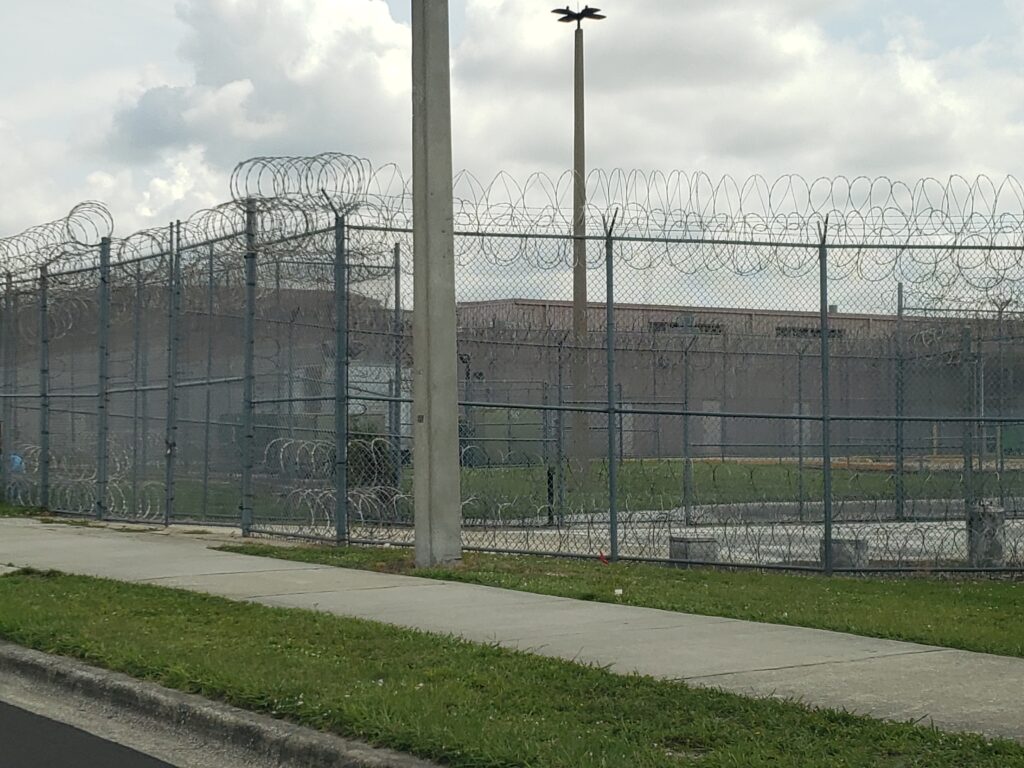
To make a stressful situation more manageable, understand each step from a minor’s arrest to their potential release. If your child is detained in Orange County or neighboring Seminole, Lake, Volusia, or Osceola Counties, here’s what you need to know about the next steps.
The Juvenile Arrest: What to Expect
When law enforcement detains a minor, they must notify the child’s parent or legal guardian as soon as possible. Unlike adults, minors may be eligible for alternatives to arrest, such as civil citations or diversion programs, particularly for first-time or non-violent offenses.
If the offense is serious or if the minor has a prior record, officers may transport them to a Juvenile Assessment Center (JAC). Central Florida has JAC facilities that serve each county, where probation officers conduct a risk assessment to determine the next steps. These assessments consider factors, such as the severity of the charge, academic performance, and home environment.
Inside the Juvenile Assessment Center
At the JAC, probation officers decide whether to recommend home release, supervised release, or secure detention. In Florida, juveniles are not automatically eligible for bail. Instead, a detention hearing must occur within 24 hours of arrest, where a judge determines if the minor poses a risk to the community or is likely to skip court appearances.
If the court orders detention, they hold the minor in a juvenile detention facility, not an adult jail. These facilities operate under the Florida Department of Juvenile Justice (DJJ) and emphasize safety, education, and behavioral correction. The Orange Regional Juvenile Detention Center, located just across from the Orange County Jail near Central Florida Bonding, holds many local minors.
County-Specific Juvenile Detention Facilities
Each Central Florida county maintains procedures that align with DJJ policies, but facilities and resources may vary:
- Orange County: Minors are held at the Orlando-based center mentioned above.
- Seminole County: Youth are often processed at the JAC in Sanford.
- Lake County: Juvenile arrests typically route through Leesburg or Tavares facilities.
- Volusia County: Daytona Beach hosts the area’s primary juvenile center.
- Osceola County: Kissimmee processes juveniles through local law enforcement and DJJ coordination.
While bail in the traditional sense is rare for minors, Central Florida Bonding can assist with cases involving co-defendants over 18 or advise families navigating complex cases where both juvenile and adult systems intersect.
After Detention: What Comes Next?
Juvenile court proceedings differ from adult criminal courts. Minors are not “convicted”; instead, the courts adjudicate minors as delinquent if found responsible for the offense. The consequences range from community service and counseling to residential commitment for serious offenses. Judges may also mandate school attendance, curfews, or substance abuse programs.
Importantly, courts in Florida can seal or expunge many juvenile records, especially for non-violent offenses or successful completion of diversion programs. Early legal guidance can be crucial in protecting a teen’s future.
What Parents Need to Know
Parents play a central role in the outcome of juvenile cases. They must attend hearings, ensure the teen follows court mandates, and may be responsible for restitution or supervision. Hiring a juvenile defense attorney early can make a significant difference in minimizing long-term consequences and navigating Florida’s complex juvenile statutes.
Let Central Florida Bonding Help
While having your child arrested is terrifying, Florida’s juvenile justice system aims to correct rather than condemn. Understanding how local counties handle youth arrests, what to expect from intake to court, and how to support your child through the process gives you the power to protect their future. And if you need guidance, especially if an adult co-defendant is involved, Central Florida Bonding is just a call away at 407-841-3646. Contact us today. We are ready to help you through the next steps with compassion and clarity.
Have more questions? Check out our FAQ page on our website.

